Deliciously decadent
Sensuous, decadent, and unbelievably frank, Emile Zola's tale of a courtesan, Nana, was both astoundingly successful - the first edition of 55,000 copies was sold out in a day - and scandalous. An advertising campaign worthy of Harry Potter along with the lure of a risque novel made Nana a huge success, and gave Zola an unsavoury (and undeserved) reputation as a member of the demi-monde of Paris of the 1880s.
Where Nana differs hugely from other novels set around the same fast set is in its honesty. Far more open than Dumas' Dame aux camellias, Nana is what Colette's Gigi would have become had it not been for the decency of her lover.
Of course Nana isn't perfect - certainly not in my sometimes rather bizarre 1940's translation (which is also surprisingly open for the period - it might not be as explicit as Lady Chatterley but there's no doubting what Zola means) - Zola is inevitably caught in the mores of his time. The woman is usually the wicked one, who ensnares the poor hapless male drawing him to his doom like some mammoth spider. But you often get the sense that Zola himself is less than happy at this way of looking at the world. His men are uniformly weak and inept, while the women, whether they are the mothers battling to save the family name, or Nana's fellow prostitutes coming together to look after Nana, are seen as strong and survivors. There's also some great darkly funny humour not least in the closing dialogues in which war is seen as a potential asset to the street-walking business(!)
Where Zola really comes into his own are the crowd scenes. The scene set at the Paris races at Longchamps is stunning. Vivid, full of life, it's just like looking at an Impressionist painting. Whatever you think of the morality of the tale Nana is an engaging read. An eye-opening introduction into a world that is very different from ours, and yet strangely similar. A century later and Nana would have been a reality TV star, a tabloid editor's dream - plus ca change?
Where Nana differs hugely from other novels set around the same fast set is in its honesty. Far more open than Dumas' Dame aux camellias, Nana is what Colette's Gigi would have become had it not been for the decency of her lover.
Of course Nana isn't perfect - certainly not in my sometimes rather bizarre 1940's translation (which is also surprisingly open for the period - it might not be as explicit as Lady Chatterley but there's no doubting what Zola means) - Zola is inevitably caught in the mores of his time. The woman is usually the wicked one, who ensnares the poor hapless male drawing him to his doom like some mammoth spider. But you often get the sense that Zola himself is less than happy at this way of looking at the world. His men are uniformly weak and inept, while the women, whether they are the mothers battling to save the family name, or Nana's fellow prostitutes coming together to look after Nana, are seen as strong and survivors. There's also some great darkly funny humour not least in the closing dialogues in which war is seen as a potential asset to the street-walking business(!)
Where Zola really comes into his own are the crowd scenes. The scene set at the Paris races at Longchamps is stunning. Vivid, full of life, it's just like looking at an Impressionist painting. Whatever you think of the morality of the tale Nana is an engaging read. An eye-opening introduction into a world that is very different from ours, and yet strangely similar. A century later and Nana would have been a reality TV star, a tabloid editor's dream - plus ca change?
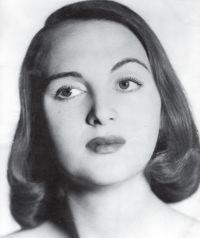
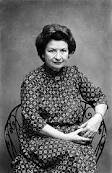

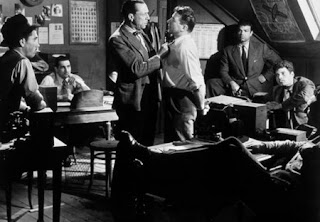

.jpeg)


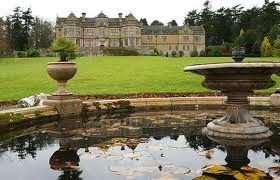
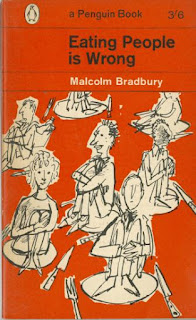
Comments